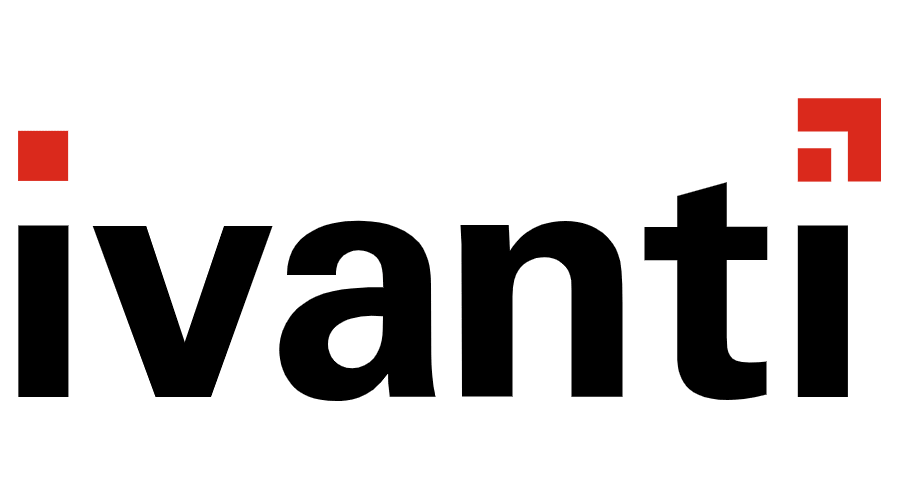
Problems that solves
No control over data access
Employee personal use of corporate IT during working hours
Risk or Leaks of confidential information
Risk of attacks by hackers
Risk of data loss or damage
Risk of lost access to data and IT systems
Customer fraud
Values
Reduce Costs
Ensure Security and Business Continuity
Gurucul User and Entity Behavior Analytics (UEBA)
Gurucul User and Entity Behavior Analytics (UEBA) Finds & Stops Threats Immediately with Behavior Based Predictive Risk Scoring
About Product
Description
Gurucul User and Entity Behavior Analytics (UEBA) uses machine learning models on open choice big data to detect unknown threats early in the kill chain.
UEBA provides the most realistically effective approach to comprehensively manage and monitor user and entity-centric risks. UEBA quickly identifies anomalous activity, thereby maximizing timely incident or automated risk response. The range of Gurucul UEBA use cases is what makes the solution extensible and valuable. It focuses on the detection of risks and threats beyond the capabilities of signatures, rules, and patterns. Using big data, Gurucul provides risk-based behavior analytics delivering actionable intelligence for security teams with low false positives. Gurucul leads the market in demonstrating UEBA results where others cannot. We consume the most data sources out-of-the-box and leverage the largest machine learning library. Additionally, we deliver a single unified prioritized risk score per user and entity. Find threats – unknown unknowns – quickly with no manual threat hunting and no configuration. Get immediate results without writing queries, rules or signatures.
The mature capabilities of UEBA provide robust and optimal advanced security analytics. It applies across a range of on-premises and hybrid environments, scoring the gray areas of unknowns and minimizing false positives. The result is improving the focus of ‘find-fix’ resources and optimizing the time of security analysts, efficiency in the SOC, and making operations and people more productive.



















